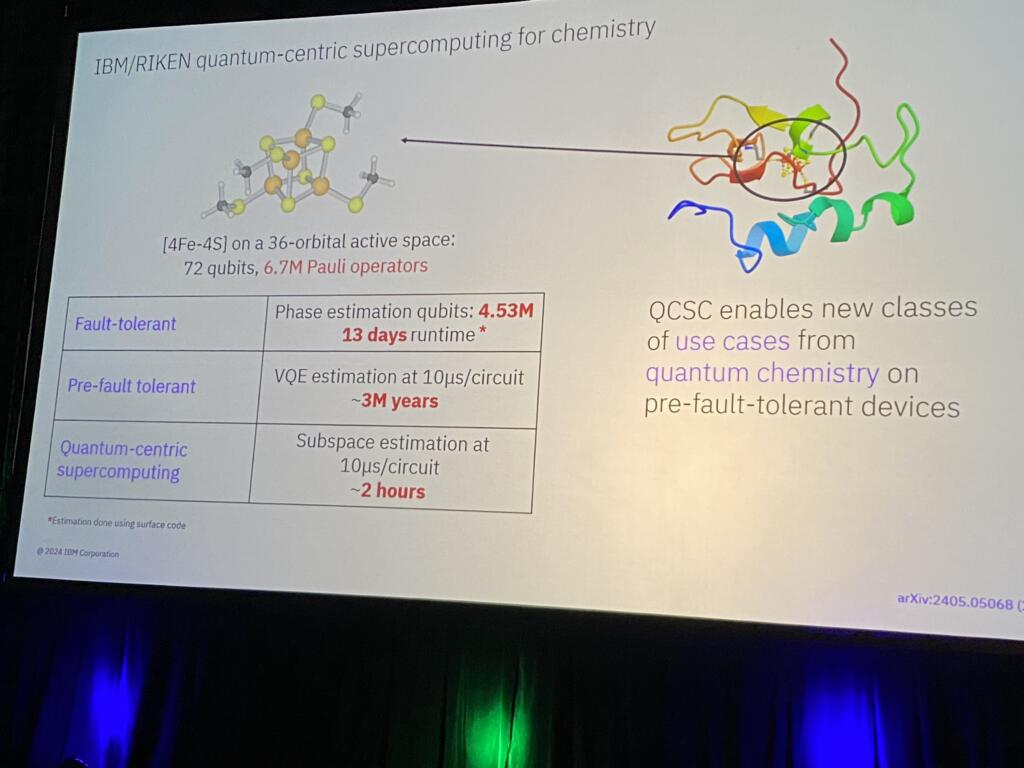Exploring Quantum Chemistry Simulations in the Age of Supercomputers
The Intersection of Quantum and Classical Computing
The integration of quantum computing with classical supercomputers represents a symbiotic relationship that enhances the computational power available to researchers. Quantum computing's revolutionary potential lies in its ability to solve problems previously thought unsolvable by classic means, especially in the realm of quantum chemistry.

A Glimpse Into Quantum Chemistry's Possibilities
Quantum chemistry explores the quantum mechanical properties of atoms and molecules. As stated by renowned physicist Richard Feynman,
"If you want to make a simulation of nature, you'd better make it quantum mechanical."
This approach provides a more precise model of chemical reactions than traditional simulations, offering opportunities to advance fields such as pharmacology and materials science.
Key Advantages of Quantum Simulations
- Ability to model complex biological systems with unprecedented detail.
- Potential to design new materials with remarkable properties.
- Significant speed-ups in processing large datasets and solving complex equations.
Strategic Collaborations and Innovations
Organizations worldwide, including IBM, Google, and various universities, are investing in quantum computing research. These investments have led to breakthroughs that push the boundaries of science and technology.
Explore more about these developments through IBM Quantum Computing. These partnerships aim to integrate quantum solutions with existing infrastructures, proving indispensable for future technological progress.
The Road Ahead for Quantum Chemistry Simulations
While classical computing has limitations, the roadmap for quantum computing showcases possibilities for breakthroughs in understanding chemical reactions and developing new pharmaceuticals swiftly. For those interested in the potential applications of quantum computing in chemistry, further reading is available in this article from Nature.
In a world where computational capability is key to scientific advancement, the collaboration between quantum and classical computing methods could unlock insights we've only dared to imagine. Future endeavors may focus on optimization and scaling approaches, ensuring that the implications of this revolutionary technology touch every aspect of life, from healthcare to technology.
Now is a prime time to stay informed about the rapid progress in quantum technology—visit NextBigFuture.com for consistent updates on the forefront of scientific discovery.
